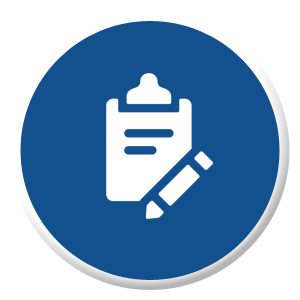Het arrangement Theme Contacts - tto123 is gemaakt met Wikiwijs van Kennisnet. Wikiwijs is hét onderwijsplatform waar je leermiddelen zoekt, maakt en deelt.
- Auteur
- Laatst gewijzigd
- 10-05-2025 19:09:20
- Licentie
-
Dit lesmateriaal is gepubliceerd onder de Creative Commons Naamsvermelding-GelijkDelen 4.0 Internationale licentie. Dit houdt in dat je onder de voorwaarde van naamsvermelding en publicatie onder dezelfde licentie vrij bent om:
- het werk te delen - te kopiëren, te verspreiden en door te geven via elk medium of bestandsformaat
- het werk te bewerken - te remixen, te veranderen en afgeleide werken te maken
- voor alle doeleinden, inclusief commerciële doeleinden.
Meer informatie over de CC Naamsvermelding-GelijkDelen 4.0 Internationale licentie.
Aanvullende informatie over dit lesmateriaal
Van dit lesmateriaal is de volgende aanvullende informatie beschikbaar:
- Toelichting
- Dit thema valt onder de arrangeerbare leerlijn van de Stercollecties voor Engels voor tweetalig onderwijs, leerjaar 1, 2 en 3. Dit is thema 4 'Contacts'. Het thema omvat de volgende onderwerpen: Meeting in the park, Calling for help, Texting en Writing letters. Het doel is het kunnen toepassen en begrijpen van gesproken of geschreven zinnen en woorden in de naaste omgeving. In de grammaticaopdrachten wordt er geoefend met het bijvoeglijk naamwoord, de vergrotende en overtreffende trap (met uitzonderingen) en question tags.
- Leerniveau
- VWO 2; HAVO 1; VWO 1; HAVO 3; VWO 3; HAVO 2;
- Leerinhoud en doelen
- Engels;
- Eindgebruiker
- leerling/student
- Moeilijkheidsgraad
- gemiddeld
- Studiebelasting
- 9 uur 30 minuten
- Trefwoorden
- arrangeerbaar, calling for help, contacts, engels, meeting in the park, stercollectie, texting, tto123, writing letters
Gebruikte Wikiwijs Arrangementen
VO-content Engels. (2023).
Thema Contacts - hv12

 Welcome to the fourth theme.
Welcome to the fourth theme. You have just started the theme Contacts.
You have just started the theme Contacts. Before starting to work in this theme, check with a classmate how much you know about 'contacts' already.
Before starting to work in this theme, check with a classmate how much you know about 'contacts' already. In this theme you will focus on the following 'can do' statements.
In this theme you will focus on the following 'can do' statements. At the end of this theme you:
At the end of this theme you: In this theme there are four lessons.
In this theme there are four lessons.

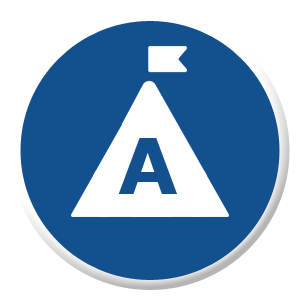 Do you know what 2G, 3G, 4G and 5G stand for in mobile phones?
Do you know what 2G, 3G, 4G and 5G stand for in mobile phones?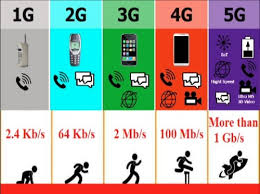
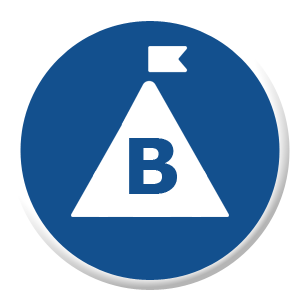 A necessity or just a convenience?
A necessity or just a convenience?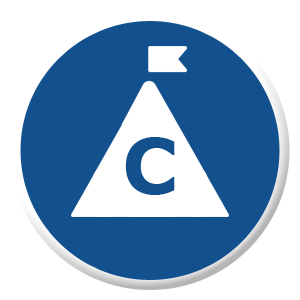 Write five good questions about e-mail in the left column of the
Write five good questions about e-mail in the left column of the 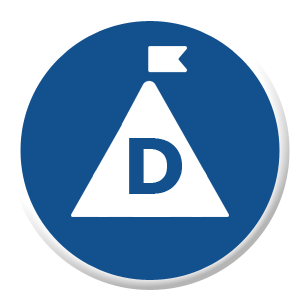 You start with a class survey or a survey among some classmates about the following questions.
You start with a class survey or a survey among some classmates about the following questions.